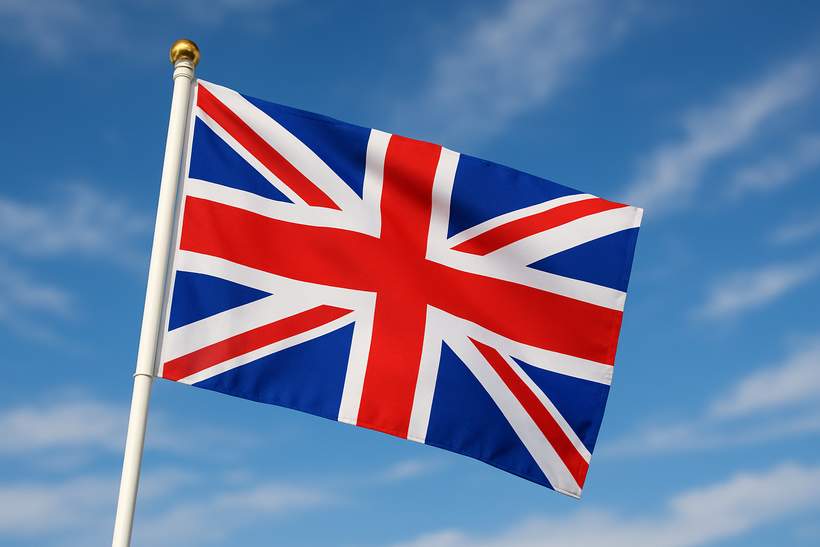NTF Endorses Targeted Reform of Gambling Taxation

NTF Endorses Targeted Reform of Gambling Taxation
This week, the National Trainers’ Federation (NTF) expressed strong support for a new approach to the UK Treasury’s plan on gambling tax. The Treasury aims to harmonize tax rates across online sports betting and high-risk casino games, but the NTF backs an alternative proposal that advocates for differentiated rates.
Backing for the Social Market Foundation’s Proposal
NTF’s chief executive, Paul Johnson, publicly affirmed the federation’s endorsement of a forthcoming report by the Social Market Foundation (SMF). Authored by Dr. James Noyes, a senior fellow at SMF, the report is titled “The Duty to Differentiate: How Gambling Tax Reform Can Raise Revenue for the Government, Reduce Harm to the Public and Save British Horse Racing.” Alex Ballinger MP, a member of the all-party parliamentary group on Gambling Reform, contributed the foreword.
The SMF challenges the Treasury’s push for a single, unified gambling tax rate. It points out that online casino games like slots and roulette are taxed at a rate of 21% on gross profits, which the report argues is too low. Dr. Noyes highlights that in certain European countries, remote casino tax rates can be as high as 40%, while some U.S. states exceed 50%. The SMF advocates for increasing gaming tax rates to potentially 50% to better reflect the risks and revenues involved.
Proposed Changes to Betting Tax and Levy System
The report also examines the current betting tax and Levy system that channels funds back to horse racing through off-course betting. Presently, online operators pay a 10% Levy on racing turnover in addition to a 15% betting duty, creating an effective 25% tax rate on horse racing betting.
Dr. Noyes proposes revising how the Levy and duty are allocated and suggests expanding the Levy to include bets on overseas races. These changes could boost the money circulated back into the racing industry without increasing the total tax burden.
The report critiques suggestions from Arena Racing Company’s chief executive, Marin Cruddace, to flip the Levy and betting duty rates, describing them as inadequate. Instead, it proposes lowering the betting duty to 5% and raising the Levy to 20%, reallocating funds to better support horse racing.
Positive Reception and Industry Impact
Paul Johnson described the SMF report as a well-founded and practical approach that could help resolve longstanding issues in the horse racing sector. In his foreword, Alex Ballinger MP highlighted the importance of recognizing that certain gambling products, such as online slots, are more harmful and should be taxed accordingly.
The British Horseracing Authority (BHA) has warned that implementing a flat 21% tax rate could cost the industry at least £330 million over five years and threaten over 2,700 jobs within the first year. In response, the BHA launched a petition urging the government to reconsider its tax policy.
Conversely, the Betting and Gaming Council criticized the push for higher gaming taxes, labeling the proposals as unrealistic. They explained that betting and gaming operators run integrated businesses, so raising taxes on one element impacts the entire operation and could reduce funding and sponsorship for sectors like horse racing.